You might not be aware of the fact that each time you eat a bone broth chicken soup (or any other soup based on meat broth) – your skin receives a dose of youthfulness that works better than any supplement. This is because you provide your body with collagen – a protein commonly called the protein of youth. It can be synthetic or zoonotic and is irreplaceable if we talk about the appearance and condition of the skin. How is it possible?
What exactly is collagen?
As it was already mentioned before, collagen is a protein that is part of our body. It is not just any protein, but one of the most important ones that create the connective tissue of our body. It is mostly composed of collagen fibers which are responsible for the elasticity and resilience of the skin.
Why do we need collagen?
Collagen fibers form a kind of framework of our skin. Their loss causes the skin to become more flaccid, lose its elasticity and resilience, and form a net of wrinkles. In other words – collagen helps to maintain the youthfulness of the skin. What’s more: with age, collagen and elastin fibers are weakening while the sebaceous glands disappear. The skin becomes dry and the aging process accelerates. The more collagen in the skin, the better it works. Without it, the skin stands no chance to regenerate.
It is worth mentioning that collagen also makes up our joints and bones. The disappearance of collagen causes that our whole body becomes weaker and more susceptible to any injuries, fractures, and sprains. That is why this “protein of youth” is largely responsible for our physical condition (without it, the body and skin lose their protein support).
Types of collagen
Collagen can be divided into up to 12 different types. They differ according to the place where they appear in the body and their purpose, that is, the function they perform in the body. The most common is type I collagen, which co-creates the subcutaneous tissue. It is located in the tendons and connective tissue of the bones. Type II only creates articular cartilage, and the IV type of collagen is a part of intervertebral microfibers and creates thin membranes between all tissues of the body.
How does the collagen affect the skin?
With age, the skin changes and the processes occurring in it are subjected to drastic changes. Dropping levels of vitamin and mineral content that supports the natural renewal of collagen fibers. The collagen molecules mature and evolve with age, changing the skin’s structure. This results in a loss of skin elasticity and firmness: wrinkles and flaccidity appear, the skin begins to dry out, its color changes, and cellulite is formed on the body. Collagen not only disappears in the tissues, but also thins out, and the activity of fibroblasts decreases. All this causes quite serious and significant deterioration of the condition of the skin.
How does the collagen affect the hair?
Collagen doesn’t only contribute to maintaining healthy, young and firm skin, but also beautiful and elastic hair, which is why decreasing collagen level in the body increases the fragility and brittleness of the strands. They become thin and brittle, they dry out very quickly, and the hair bulbs lose their strength: they gradually shrink, slipping out of the hair follicle.
This results in increased hair loss and inhibited growth (the bulb has less and less strength to stimulate the stem to grow). Collagen provides the hair roots with essential amino acids, which are responsible for nourishing hair roots, and for the nice appearance of the hair.
Where should we look for collagen?
In order to maintain youth and elasticity of the skin for longer and well as strong hair, it is recommended that you supplement the level of collagen in the body at all times. It can be supplied with food, but a diet rich in collagen does not allow to completely fill its deficiencies. Collagen is (unfortunately) hard to absorb along with food, so to properly nourish the skin from the inside, adequate supplementation is highly recommended. It is worth finding preparations with easily absorbable collagen that will support proper skin functions. Regularly taken collagen supports the natural processes occurring in the skin, helps to reduce wrinkles and prevents the formation of new ones. The skin becomes smoother and its tension improves.
Collagen in cosmetics
Collagen delivered to the skin in the form of a cream or a serum is as important as the one in dietary supplements. Cosmetics with collagen are focused strictly on the needs of the skin and are intended to support its production in the internal tissues. A good collagen cream is an ideal addition to supplements and a diet rich in different types of collagen. Ideally, if the face cream also contains vitamins, e.g. C and E, which are responsible for its production and transport molecules to the skin cells.
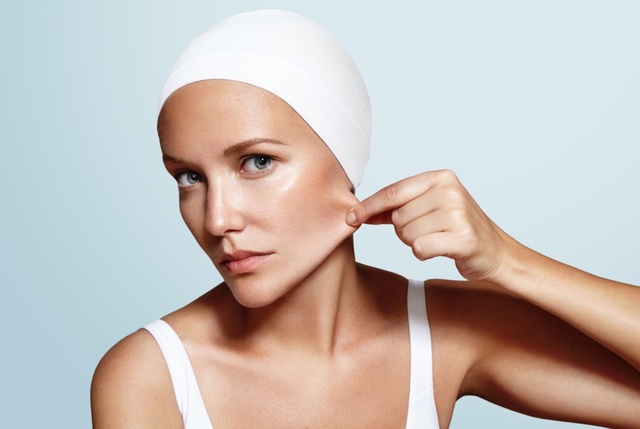
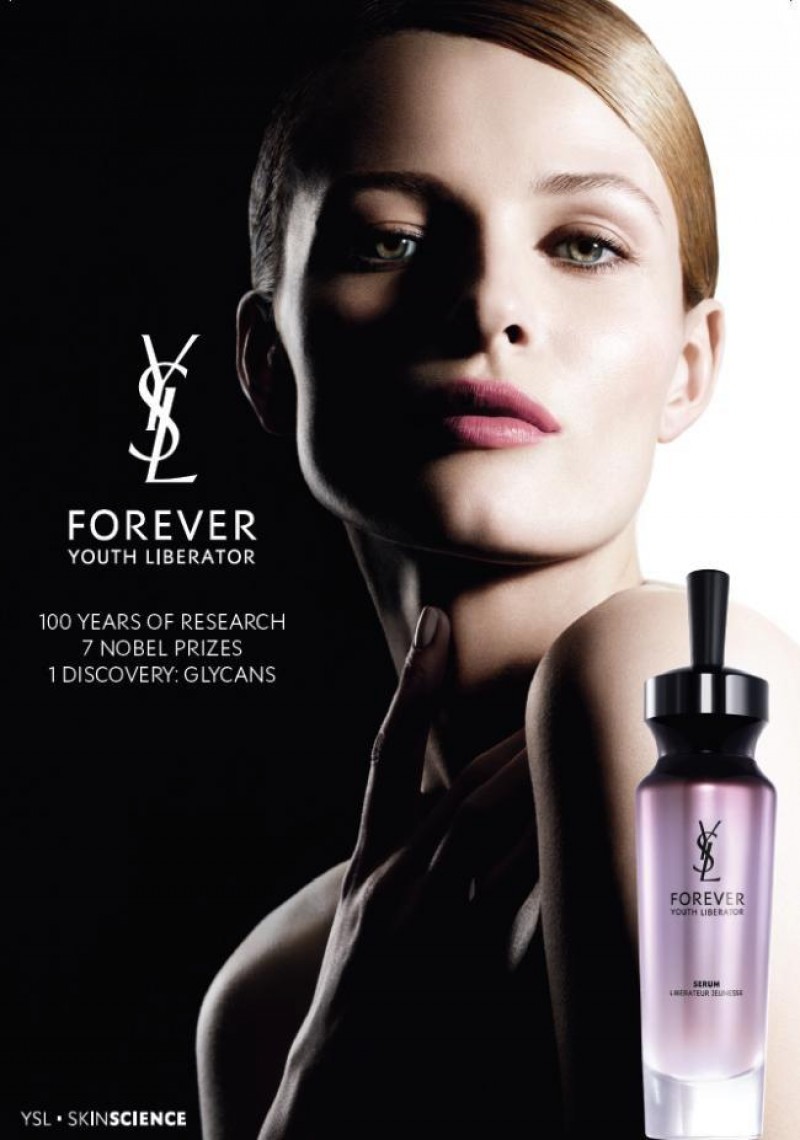
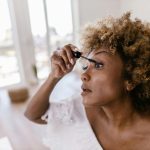




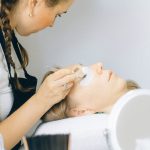
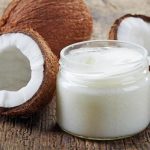
Leave a Reply